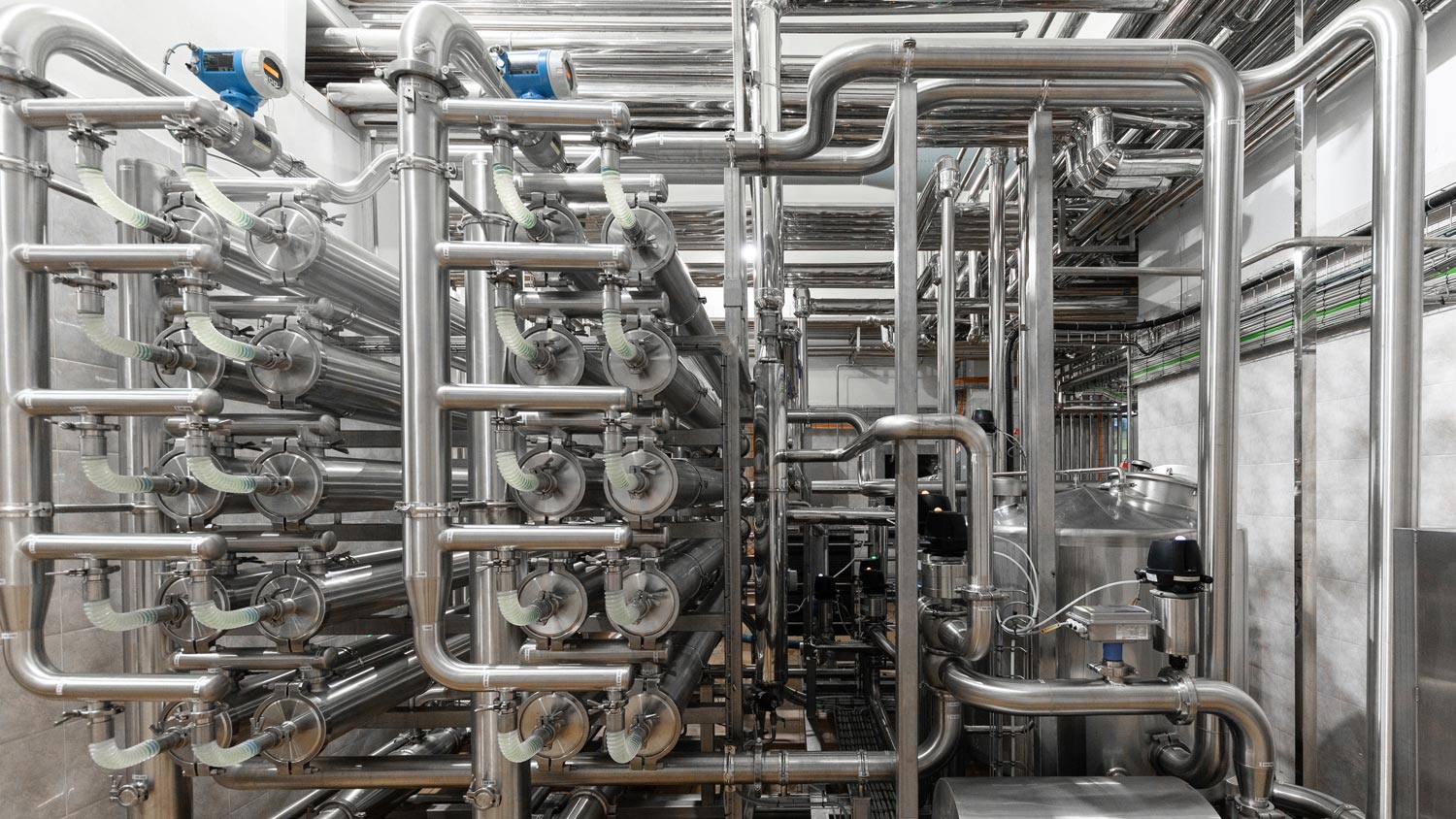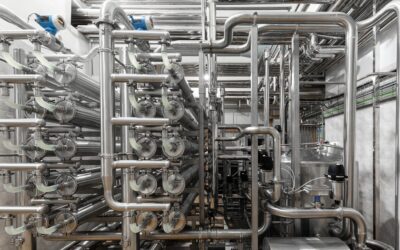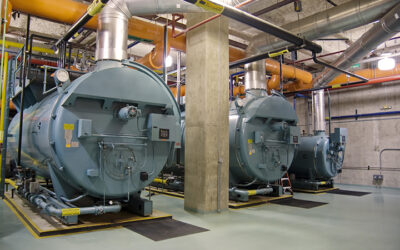Many years ago, I had a maintenance manager at a large food plant ask, “why do I need to treat my water? Doesn’t the city water plant treat the water”? This is a fair question. Yes, the city water plant does treat the water, but they treat the water for a different reason. The city is treating to an EPA potable water standard which ensures the water is safe for home use and for drinking. This is not the same standard needed for cooling water or boiler water in an industrial setting.
Industrial water is treated to maximize the life and efficiency of boilers and cooling systems and minimize operational costs by concentrating the water (increased cycles) and minimizing energy use. It doesn’t matter if you’re in an office building, hospital, or manufacturing facility, there are millions of dollars invested in cooling water systems, boilers, chillers, and other systems that use water within your facility. These capital assets need to be protected to minimize maintenance costs and minimize energy cost. This is what industrial water treatment helps you do.
Water contains dissolved ions, suspended material and dissolved gases. These three categories of materials, along with bacteria, create issues in water treatment that are interrelated. Let’s take a closer look at these issues.
Scale
Preventing mineral scale within cooling and boiler systems is one of the main functions of industrial water treatment. Mineral scale is a solid that is formed by naturally occurring minerals found in the water. Their solubility decreases as the water temperature and concentrations increase in boilers and cooling systems. Common scale components are calcium, magnesium, iron, and silica. These deposits reduce heat transfer, restrict water flow, increase energy consumption and increase operation cost. Scale can also result in equipment failure, unscheduled downtime, and lost production.
Microbiological Contamination
City water plants use different forms of chlorine or fluoride to prevent microbial growth within drinking water systems. The small amount of chlorine in the city water is not enough to prevent microbiological growth in your cooling systems. There is also outside contamination in cooling towers and chill water systems through air contact, dust, dirt, and other debris that gets blown into the cooling tower. The highly oxygenated warm water in a cooling tower is a perfect environment for bacteria growth. Microbial fouling of cooling towers is probably the most common problem in cooling systems. A very thin layer of biological slime inside of a chiller prevents heat transfer and will greatly increase energy costs. Different types of bacteria can also be extremely corrosive and cause corrosion issues within chiller tubes and other heat transfer surfaces along with providing a glue like substance for sediment to stick to and foul the system.
Corrosion
Corrosion in water is an electrochemical reaction caused by low pH or the presence of high levels of dissolved oxygen. The end result is metal loss and pitting which leads to shortened equipment life and ultimately failure. If makeup water to your system has low hardness levels, then your water tends to be more corrosive than scaling. Scale can be removed from a system, but corrosion will cause system failure.
Fouling
Fouling is caused by sediment or other debris that gets into a cooling tower that is then held together by a bacterial slime layer leading to deposits that tend to be soft and not as hard as a mineral scale. Fouling creates an environment for bacterial growth by preventing your biocide treatment from getting to the source of the bacteria and causing plugging and reduced water flow through systems. Preventing fouling is also very important in small heat exchangers because they have very small orifices and low flow making them more prone to plugging.
Take Ownership of your Water Treatment Outcomes
Without an effective water treatment program in place, corrosion, scale, and microbiological growth may be happening in the same system at the same time. These issues tend to support each other; you may have scale deposits, leading to under deposit corrosion caused by sulfite reducing bacteria.
Buckman Digital Water can design an effective water treatment program that brings you a level of control, efficiency, accuracy and ease that makes water management hands-off. Powered by Ackumen, we offer an innovative approach to water management by fully leveraging digital to the extreme. Our unique, comprehensive water management system delivers actionable insights and recommendations to your mobile device, 24/7 monitoring and analysis by a team of water experts, a safer chemical offering and management plan, and service when and how you need it.



